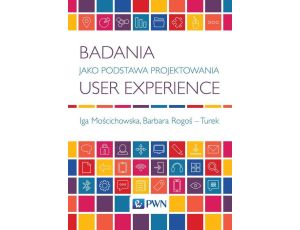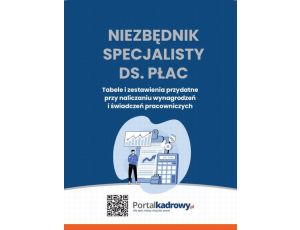Opis produktu
Opinie
Spis treści
The book is concerned with theoretical and methodological foundations of clinical decision support systems (CDSSs), i.e., systems designed to help healthcare professionals make clinical decisions. It is focused on patient-specific CDSSs that help physicians make diagnostic and treatment decisions directly at the point of care and it addresses theoretical and methodological aspects of their design and implementation. The book introduces the notion of integrative clinical decision support that covers all tasks from the clinical decision making process and proposes a theoretical architecture for integrative CDSSs (ICDSSs), called the MET3 architecture. The architecture combines the principles of multi-agent systems with ontology-driven design in order to distribute the complex support functionality among independent entities and to represent different types of clinical knowledge in form of ontological models. The MET3 architecture is a theoretical solution that provides a common platform for other methodologies, algorithms and frameworks proposed in this book.
Responding to the requirement for comprehensive and accurate diagnostic decision models, modifications of rule induction algorithms rooted in rough set theory have been proposed. These algorithms allow generating robust decision rules from inconsistent and incomplete data. The book also describes their combination that successfully deals with imbalanced distribution of decision classes that is typical for clinical data. Addressing the need for accurate and efficient retrieval of relevant clinical evidence, a framework for enhanced indexing and automatic retrieval of evidence-based documents (systematic reviews of clinical trials) has been introduced. The framework allows for retrieval of documents that are relevant in the current context of a patient-physician encounter. Retrieved evidence augments diagnostic and treatment suggestions and enables physicians to make more informed decisions. Finally, principles guiding the design of interactions in CDSSs and ICDSSs have been provided. These principles have been derived from task-oriented and user-oriented design approaches, and when formulating them, special attention was paid to modern mobile computing platforms, including handhelds devices. The MET3 architecture and the remaining proposed methodological solutions were successfully validated in practice. Proof-of-concept ICDSSs for two clinical problems (pediatric scrotal pain and asthma exacerbations) were developed, diagnostic decision models for these problems were constructed, and finally the indexing and retrieval framework for asthma exacerbations was implemented. Results of this verification, as well as experience with designing and running a clinical trial of a CDSS, is described in details in this book.
Responding to the requirement for comprehensive and accurate diagnostic decision models, modifications of rule induction algorithms rooted in rough set theory have been proposed. These algorithms allow generating robust decision rules from inconsistent and incomplete data. The book also describes their combination that successfully deals with imbalanced distribution of decision classes that is typical for clinical data. Addressing the need for accurate and efficient retrieval of relevant clinical evidence, a framework for enhanced indexing and automatic retrieval of evidence-based documents (systematic reviews of clinical trials) has been introduced. The framework allows for retrieval of documents that are relevant in the current context of a patient-physician encounter. Retrieved evidence augments diagnostic and treatment suggestions and enables physicians to make more informed decisions. Finally, principles guiding the design of interactions in CDSSs and ICDSSs have been provided. These principles have been derived from task-oriented and user-oriented design approaches, and when formulating them, special attention was paid to modern mobile computing platforms, including handhelds devices. The MET3 architecture and the remaining proposed methodological solutions were successfully validated in practice. Proof-of-concept ICDSSs for two clinical problems (pediatric scrotal pain and asthma exacerbations) were developed, diagnostic decision models for these problems were constructed, and finally the indexing and retrieval framework for asthma exacerbations was implemented. Results of this verification, as well as experience with designing and running a clinical trial of a CDSS, is described in details in this book.
Cechy
| Rodzaj: | e-book |
| Format pliku: |
|
| Autor: | Szymon Wilk |
| Język publikacji: | polski |
| Rok wydania: | 2010 |
| Liczba stron: | 138 |
| Miejscowość: | Poznań |











